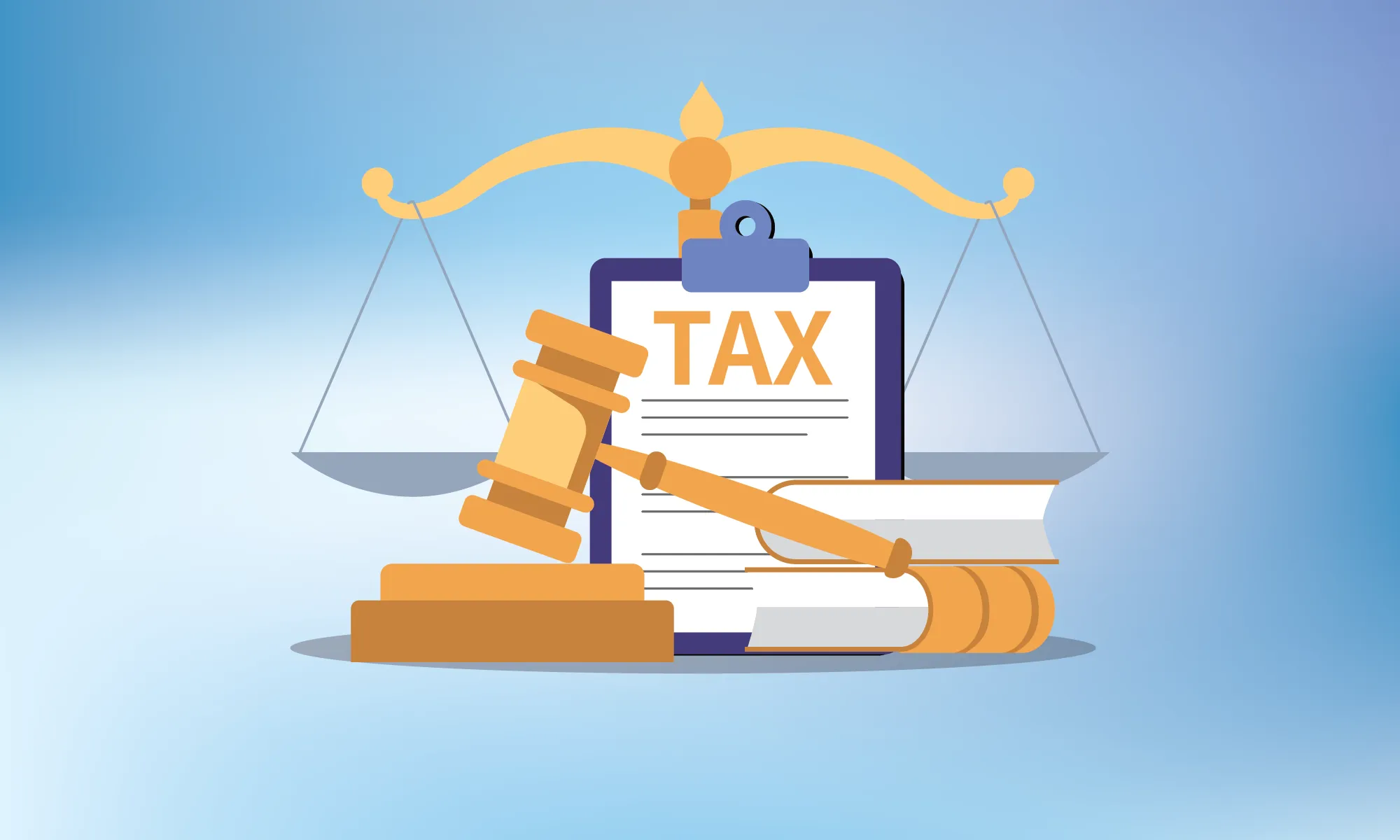Slovenia
E-invoicing Guide
Summary
E-Invoicing
B2G e-invoicing is mandatory; B2B e-invoicing mandate is upcoming
Digital Reporting
No (Upcoming)
Slovenia Electronic Invoicing and Digital Reporting Requirements
Background
Business-to-government (B2G) e-invoicing has been mandatory in Slovenia since 2015. Suppliers of goods, services, or works to public authorities budget users must issue e-invoices.
Business to business (B2B) e-invoicing will become mandatory in Slovenia starting from June 2026, according to draft regulation.
The goal of introducing an e-invoicing system is to enable the Financial Administration of the Republic of Slovenia (FURS) to systematically verify the consistency between invoiced and collected VAT, as well as issued and received invoices, providing effective tools for preventing, detecting, controlling, and proving VAT evasion and fraud, ultimately reducing VAT losses and protecting Slovenia's budget revenue from VAT discrepancies.
What Types of Businesses Does This Apply to?
The B2G e-invoicing requirement should apply to all resident taxpayers in Slovenia, including foreign companies with a permanent establishment in Slovenia, who supply goods or services to public authorities.
The upcoming B2B e-invoicing requirement will apply to all entities registered in the Business Register of Slovenia (PRS), including companies, sole proprietors, associations, cooperatives, registered cooperatives, communities of institutions, ethnic communities, and NGOs. Foreign businesses not registered in the PRS are exempt from these e-invoicing obligations.
Governmental Body Responsible for E-invoicing in Slovenia
Penalties for Not Adhering to Slovenia’s E-invoice Mandates
The penalties for non-compliance with the upcoming e-invoicing and digital reporting requirements range from 500 to 6,000 Euros. Examples of punishable activities include:
- Failing to provide a visualized format of the e-invoice for transactions with end consumers.
- Issuing an e-invoice that lacks the required information.
- Refusing to exchange or accept e-invoices issued according to European standards.
- Using e-invoice and e-document exchange services from providers not registered on the official e-route service providers list.
- Not submitting an e-invoice to the tax authority within the required timeframe or submitting inaccurate or incomplete information.
What does the e-invoicing process in Slovenia look like?
B2G e-invoices can be sent through:
- The UJPeRačun portal
- Payment service providers
- E-invoice service providers (so-called “e-route service providers”)
- Peppol.
Taxpayers can only use service providers who have signed a contract with the UJP.
Under the upcoming B2B e-invoicing mandate, all businesses registered in the PRS are required to issue, transmit, and receive structured e-invoices. The draft law permits the use of the e-SLOG standard, EU standard, or other internationally recognized formats agreed upon by the parties for issuing and exchanging e-invoices. Businesses can manage invoice exchange directly, through an e-route service provider, or using a free application provided by FURS.
Upon their issuance, e-invoices must be digitally reported to FURS within eight days using the e-SLOG standard; this requirement also applies to the receipt of e-invoices. FURS will provide additional details regarding the specific methods for transmitting e-invoices.
Furthermore, businesses must retain e-invoices for the prescribed duration in compliance with VAT Law and also keep the traffic data of the exchanged e-invoices and e-documents for two years from the date of receipt or transmission.
Is SAF-T Needed in Slovenia?
SAF-T has not been introduced in Slovenia.
E-Invoicing & Global Tax Automation with Fonoa
One way to comply with Digital Reporting Requirements in Slovenia is to use a provider like Fonoa.
With Fonoa you can:
- Have one integration for your global needs, including Slovenia
- Save time and money by automatically cleaning your data to minimize errors and manual work
- Utilize our validation mechanisms to ensure reporting accuracy, data completeness, full control, and compliance
- Rest assured that transactions are successfully reported or queued for internal investigation with our retry mechanisms
- Get full visibility with our dashboards by filtering criteria, analyzing granular transaction data, and quickly importing /exporting information
Disclaimer on Tax Advice
Fonoa does not provide professional tax opinions or tax management advice specific to the facts and circumstances of your business and that your use of the Specification, Site, and In addition, due to rapidly changing tax rates and regulations that require interpretation by your qualified tax professionals, you bear full responsibility to determine the applicability of the output generated by the Specification and Services and to confirm its accuracy. No professional tax opinion and advice. Fonoa does not provide professional tax opinions or tax management advice specific to the facts and circumstances of your business and that your use of the Specification, Site, and In addition, due to rapidly changing tax rates and regulations that require interpretation by your qualified tax professionals, you bear full responsibility to determine the applicability of the output generated by the Specification and Services and to confirm its accuracy.










